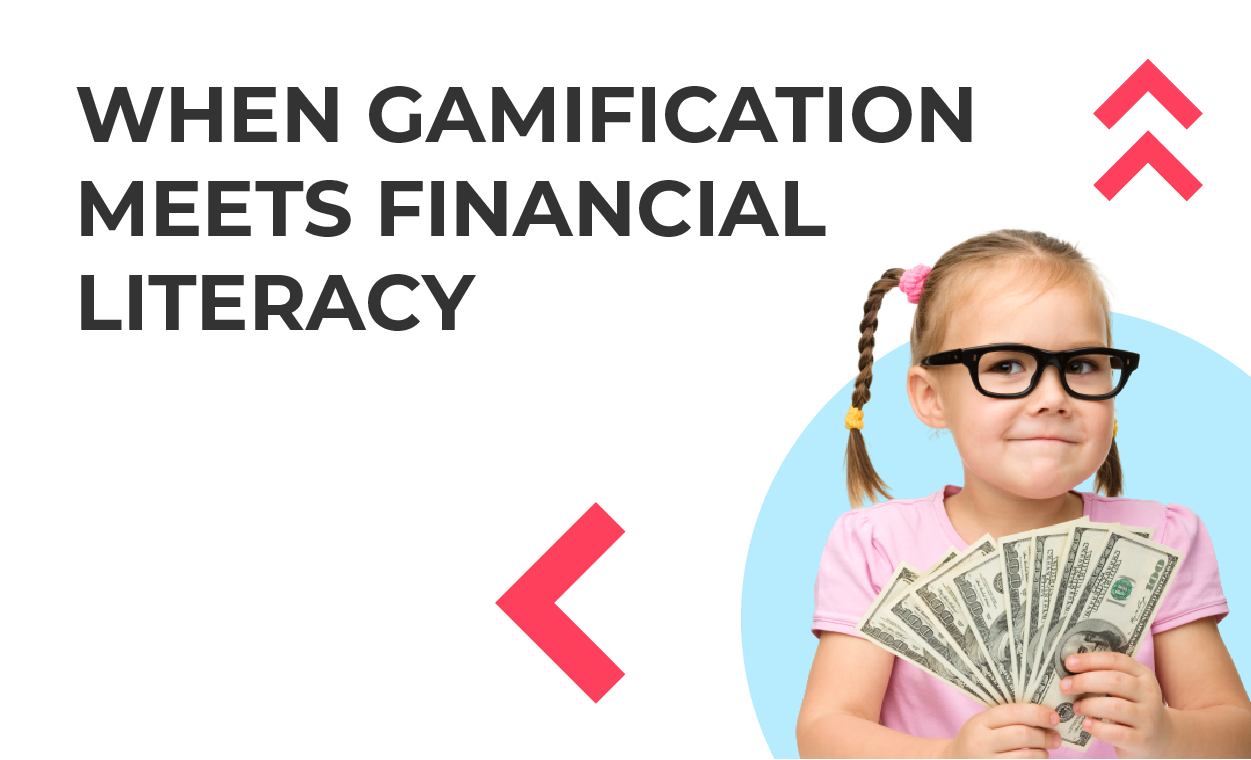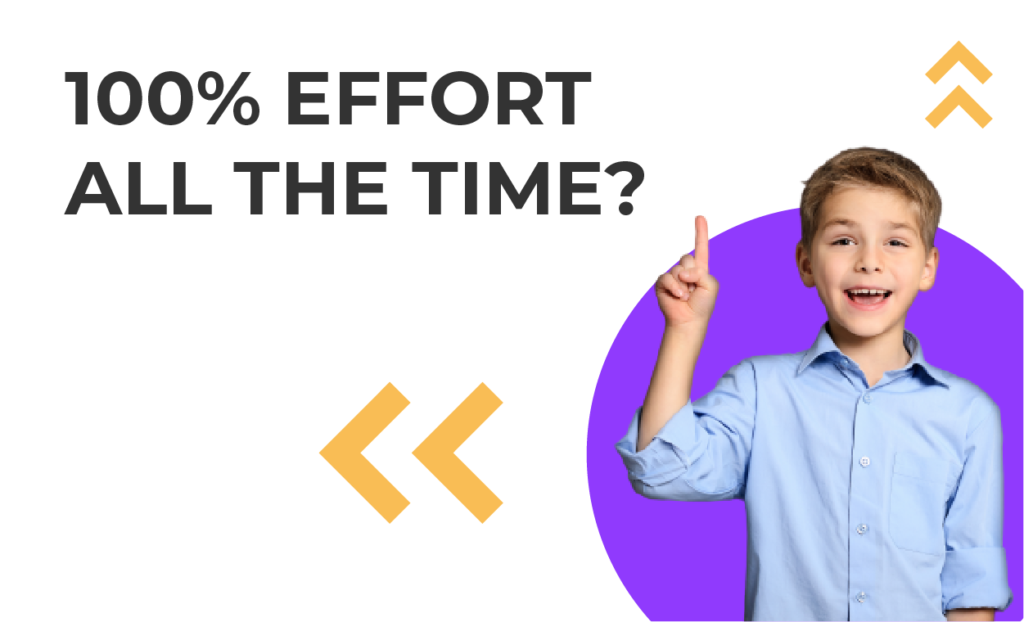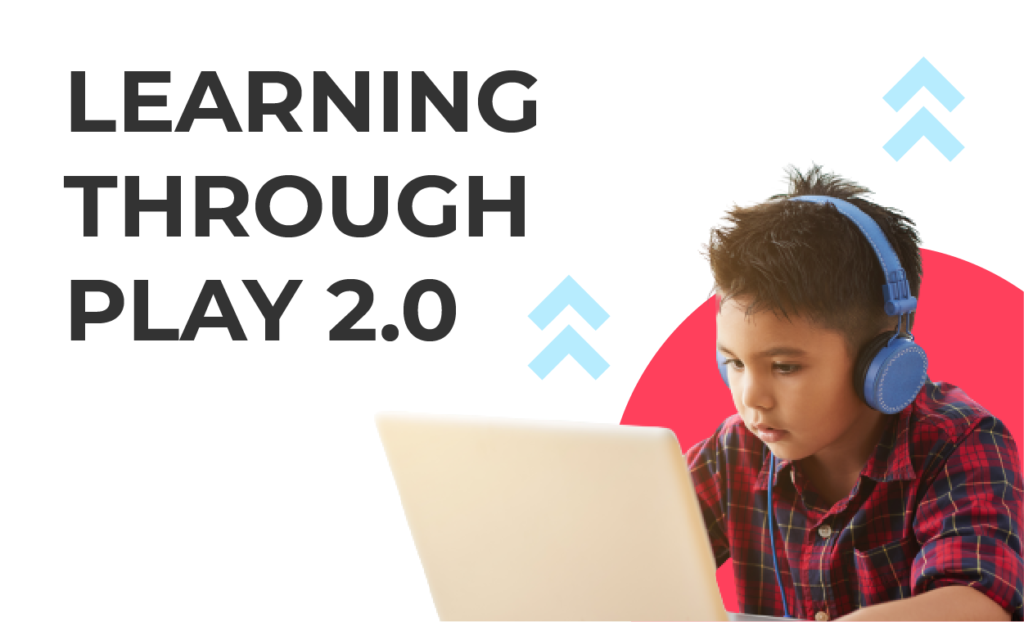
Gamification Meets Financial Literacy
- Published September 20, 2021
There have been many studies conducted and thousands of research hours spent on the topic of “gamification of learning”. As society advances and our kids become more tech-literate, their education should match the pace of development. There is little dispute that ever-changing technology is here to stay. And there is also little dispute that this generation of kids learns differently than those of previous generations. To stay relevant and current, education has to roll with the times. And that is exactly what is happening…
Hundreds upon hundreds of Edtech companies have taken flight in the last decade with more being launched every day. They are all taking a stab at it – the gamification of learning. They have seen both the value of this approach to learning and the opportunity it presents. For the most part, the true Edtech companies have focused on the core subjects – math, reading, social and science. But there are now some pioneers that are thinking past the core.
“Everyday life skills” are the new buzz words with parents and teachers alike. We can teach kids about polynomials and periodic tables but what about the real-world skills that they must certainly have to navigate through this thing called life?
Enter “Financial Literacy”. I can’t think of another life skill that is more important than learning about money and how to manage it responsibly. It permeates every aspect of our life – what we can and can’t buy, the need to save, the importance of budgeting and clean credit. The list goes on and on. I come from a lending background and I have seen the side effects from mismanagement of income. It isn’t pretty. The smart thing to do is to teach kids good spending habits early, so they don’t find themselves in difficult situations later.
MoneyPrep was created and developed to teach kids smart money habits that last a lifetime. We are a financial literacy learning app that utilizes the gamification of learning approach to share our life-changing lessons. MoneyPrep is not your average money learning app. Here’s how it’s different (and better) than anything you’ve already seen:
MoneyPrep is pure and true education. We are not a product or a debit card. We are not a money mover. And we were not created with any intent to sell.
MoneyPrep is not just about money math, it’s about money habits. We teach more than just transactional money actions like counting and making change. We teach kids how to make smart money decisions, how to think through the buying process, how to be patient with saving and the importance of budgeting. These are skills that help to shape kids’ relationships with money in a positive way.
Money is all we do at MoneyPrep. We are experts in the field of finance and we are sharing our insights with the next generation so they can be better money managers.
MoneyPrep has successfully gamified financial literacy and made it fun! And not just a piece of it. We offer a comprehensive learning path that covers all of the foundational concepts of money management. Kids learn it all with MoneyPrep and they are loving it.
MoneyPrep is a learning experience that has extreme value to all children. Not only do they enjoy it, but parents can breathe a sigh of relief knowing that their kids are gaining the skills and money knowledge they need to face adulthood choices with confidence. Speaking as both a parent and a lender, MoneyPrep is the best learning app you can give your child today to ensure they have bright and independent financial futures tomorrow.
- It is true, some of the games kids play do involve thoughtful strategy, foresight, teamwork and most of them offer goals to work toward. And I agree with them that these are all good skills to develop.
- There are many games on the market that offer core learning in a gamified format. I am actually seeing more and more of these programs entering the classroom as well. In this instance, digital games are just the delivery model for the core content and this can be an extremely effective way to teach.
- There have been numerous studies that recognize the more a child engages with their learning, the more learning they retain. It harkens back to the days of science experiments in class. The hands-on and interactive nature of learning helps kids to visualize the theory.
- Repetition is key to memory recall. Video games and digital learning are designed in a way that encourages repetition or continual practice. They do this by making the experience fun and enjoyable. When a kid is having fun, they play more. This equals more skill practice and development. This may not necessarily be a bad thing. I remember having to repeat the timetables with flashcards over and over again. This forced me to remember through sheer repetition, but it was hardly enjoyable.
With all of the above being said, I do believe that everything can be good in moderation. We don’t want our kids to be so focused on games that they forget there is real life out there. In my mind, although I can see the benefits to games, the digital world will never replace the need for developing interpersonal face-to-face skills.
Kids of this generation really do need to be comfortable and confident with both types of interactions. In a landscape that is becoming more and more technical, kids will need to know how to navigate both the physical world and the online one. So, my message today is simple… Believe your kids when they say video games can be good, just encourage them to learn and participate in the real world too.



